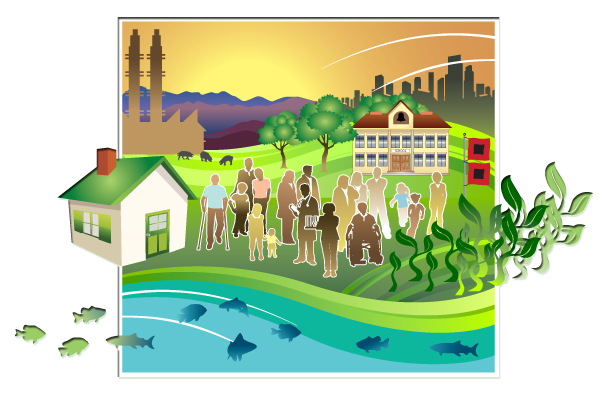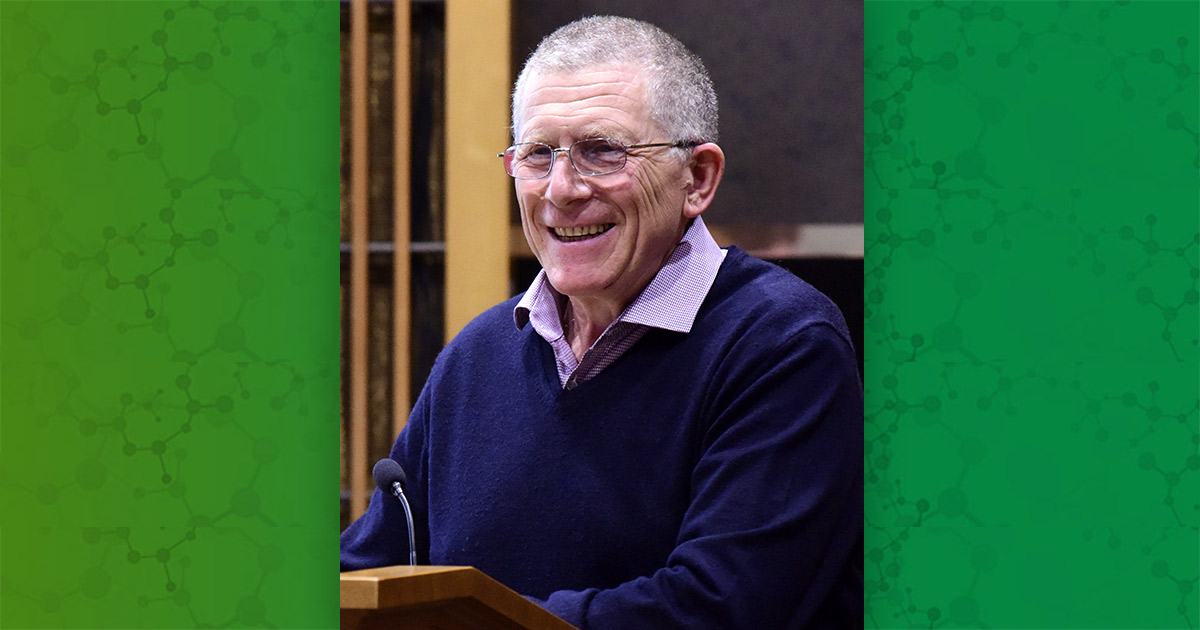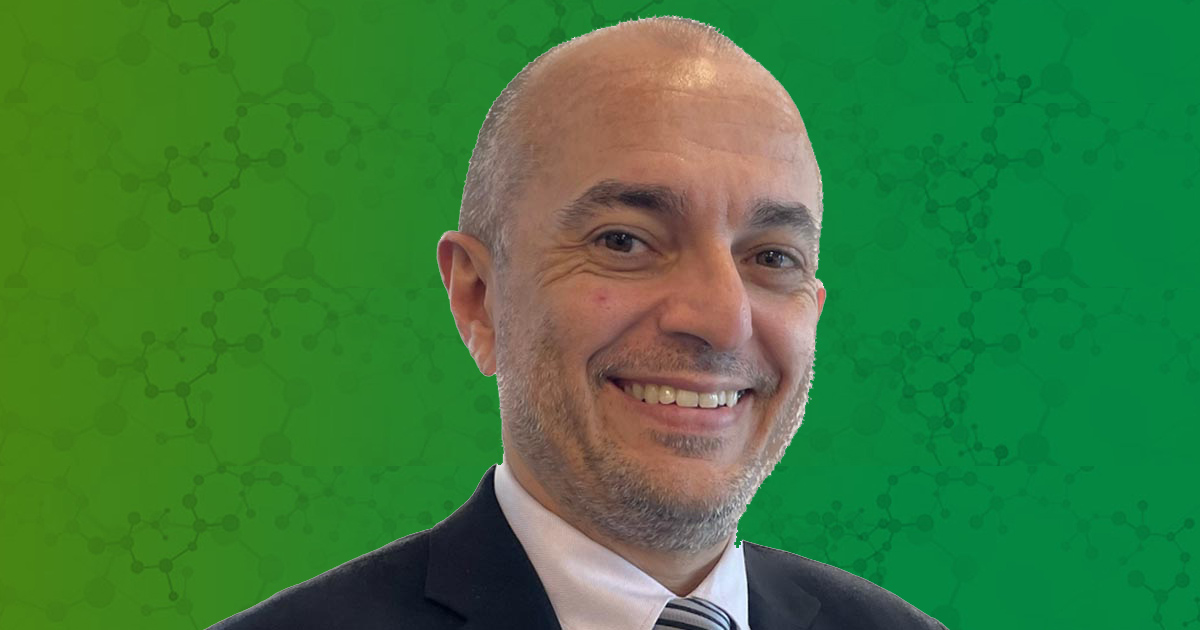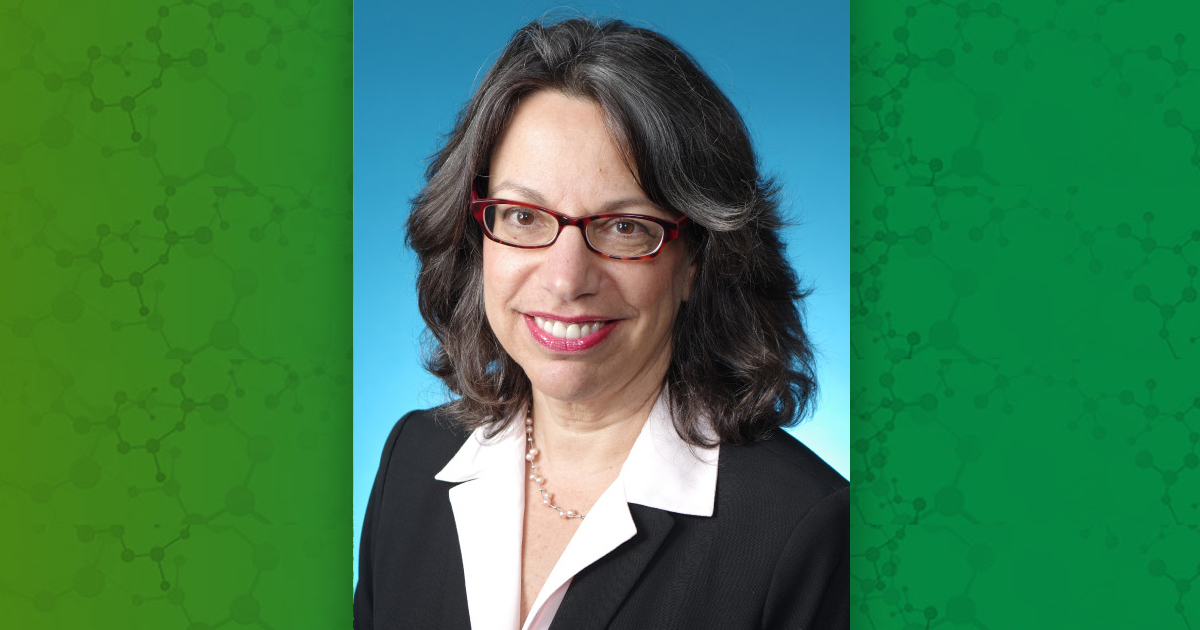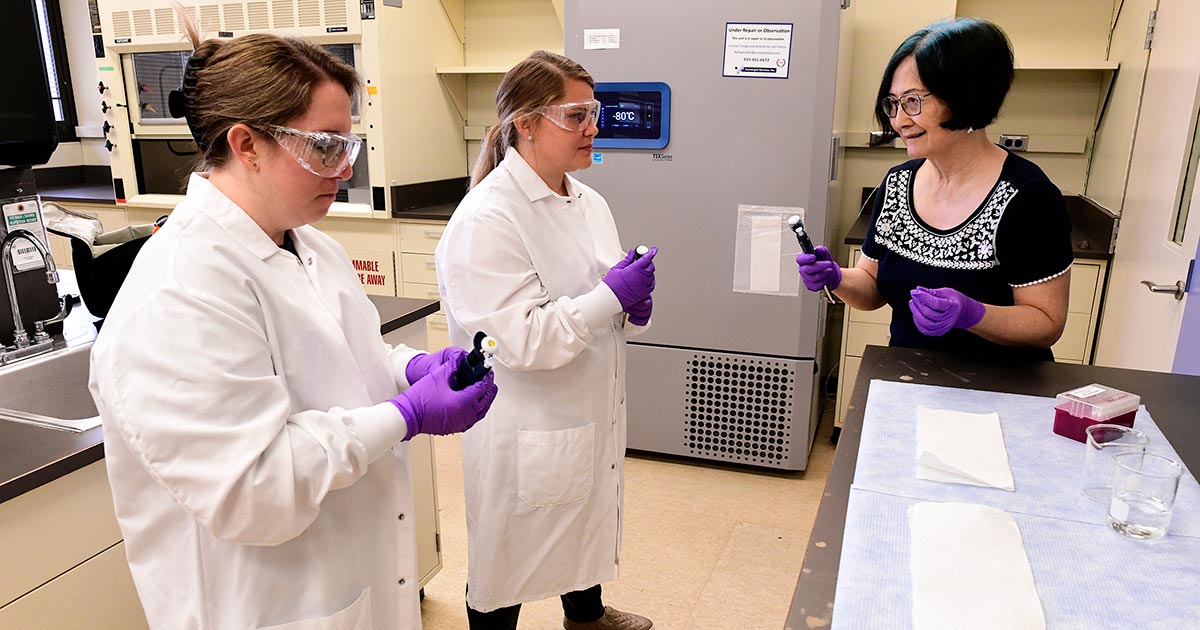Air Conditioning Distribution Program Improves Health for Vulnerable Residents

People in New York City in the summer. (Photo courtesy of Ayaka Kata of Pexels)
In summer 2020, air conditioning (AC) units were distributed to low-income residents over age 60 in New York City (NYC) to combat the health effects of extreme heat during the pandemic. Since the program’s implementation, a team of researchers, community organizations, and city officials partnered to evaluate the program’s success. An April 2023 paper paper describes the program and the positive effects it had on residents’ health. The study was partially funded by NIEHS through the Center for Environmental Health in Northern Manhattan at Columbia University.
Distributing AC Units to Vulnerable Residents
Extreme heat is especially dangerous for people with existing chronic health conditions, older adults, and those without cooling resources, such as in-home AC. Individuals exposed to high temperatures may experience adverse health outcomes and, in extreme cases, death. From 2010 to 2018, an average of 350 NYC residents died each year from heat-related illness, according to study authors.
NYC officials developed the AC unit distribution program, a more expansive effort than traditional cooling assistance programs, in response to the twin issues of extreme heat and COVID-19-related recommendations to stay home and avoid indoor public spaces, including cooling shelters.
NYC government agencies, including Emergency Management, the Housing Authority, the Department of Health and Mental Hygiene, and the Department of Housing Preservation and Development Authority, worked together to distribute free ACs to low-income residents over the age of 60 and low-income residents with a registered mobility impairment. During summer 2020, Emergency Management installed 16,000 AC units in households in public housing, and 56,000 units in private households.
Participating agencies enrolled eligible residents who were already receiving benefits through the agencies. Community organizations that supported housing programs also enrolled residents. More than 100 organizations enrolled approximately 5,000 individuals. Eligible residents were also able to enroll themselves.
Determining Equitable AC Distribution and Health Outcomes
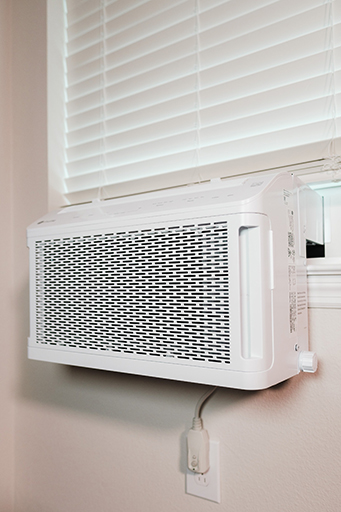
An example of a window air conditioning unit, similar to units installed in this program. (Photo courtesy of Airam Dato-on of Pexels)
Columbia University Mailman School of Public Health researchers and WE ACT for Environmental Justice evaluated the distribution program to determine the extent to which AC units were equitably distributed to vulnerable residents. Researchers used NYC’s Heat Vulnerability Index to compare AC distribution to the index’s map of residents most at-risk of adverse outcomes from heat exposure. The index uses five measures to rate a neighborhood from lowest to highest risk:
- Daytime summer surface temperature.
- Green space.
- Neighborhood poverty levels.
- Percentage of households with AC.
- Percentage of residents who are low-income or non-Latinx Black.
Researchers also compared AC distribution to neighborhoods with the highest COVID-19 morbidity and mortality and other public health inequities, measurements that were developed by the NYC Task Force for Racial Inclusion and Equity.
Mapping results determined that ACs were distributed to areas that needed them most. Areas ranking high on the Heat Vulnerability Index were more likely to receive ACs than lower-risk areas. Areas with the most illness and death from COVID-19 were also more likely to have ACs installed through the distribution program, and installation rates were highest in areas with more older adults living below the poverty limit.
“We visualized the AC distribution intervention to determine if it was effectively targeted,” stated Diana Hernández, Ph.D., associate professor of sociomedical sciences at Columbia University Mailman School of Public Health and member of the NIEHS Environmental Health Sciences Core Center. “This gave us a way to observe if the program met environmental justice goals of reaching the most marginalized residents. We were happy to see that AC distribution aligned closely to vulnerable areas and serving populations most in need.”
To further evaluate the AC distribution program, the research team surveyed a sample of program participants and a comparable group of non-participants. The team developed the survey in collaboration with community organizations. The survey asked respondents to reflect on whether they felt sick while staying home in the summer, to indicate their health status, and to describe where and how they kept cool during summer months in 2019 and 2020 to compare the AC distribution period with the prior summer.
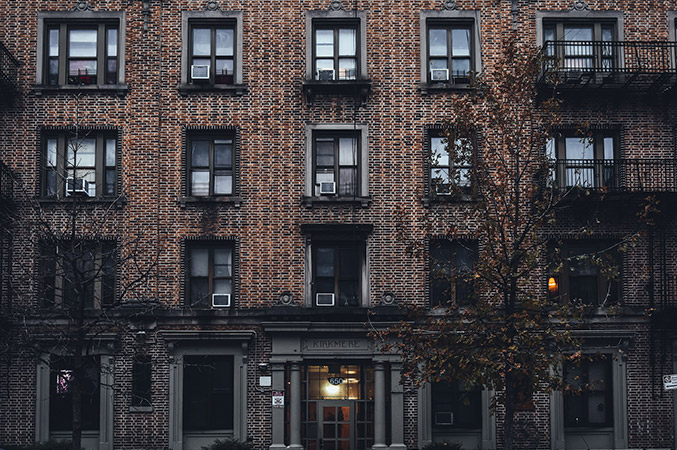
An apartment building in New York City with air conditioning units. (Photo courtesy of RealStash of Pexels)
During 2019, both groups stayed home at approximately the same rate. However, more AC recipients than comparison group participants stayed home during summer 2020, suggesting that people who received ACs were more able to protect themselves from heat while complying with social distancing guidance. Survey results also indicated that non-participants were more likely than program participants to report that they or someone in their household felt sick due to heat.
“The survey results showed us that getting an AC unit had a positive effect on health during a summer when there were fewer public, cooled spaces available,” reflected Kathryn Lane, senior environmental epidemiologist at the NYC Department of Health and Mental Hygiene. “The program was a joint COVID-19 and heat emergency response measure, but the outcomes are relevant for heat adaptation generally.”
Her colleague, Carolyn Olson, assistant commissioner of the Bureau of Environmental Surveillance & Policy at the NYC Department of Health and Mental Hygiene, further noted, “Having an AC at home helped recipients stay safe from heat in 2020, but it also has a long-term benefit as summers continue to get even hotter and having access to cooling at home can protect health and save lives.”
The large-scale AC distribution program occurred only during summer 2020, but New York State and NYC still manage programs to help low-income residents get free AC units. The results of the evaluation of the 2020 program indicate that such programs will help residents at risk of heat-related adverse health outcomes receive the support they need to stay safe in hot weather. As cities grapple with increasing extreme heat due to climate change, the NYC AC distribution program provides a model for supporting those most in need.
“This program is an example of how AC distribution can successfully meet a community’s needs by prioritizing distribution to those most vulnerable to heat,” stated Sonal Jessel, director of policy at WE ACT for Environmental Justice. “We are happy AC distribution continues in NYC and look forward to seeing how NYC and other cities help residents adapt to the effects of climate change.”
NIEHS-Funded Researchers Raise Awareness About Beauty Justice
Societal beauty standards may influence people’s use of beauty products, such as hair straighteners and skin lighteners, which may expose them to harmful chemicals. To improve public health around such exposures, NIEHS-funded researchers are increasing awareness of the health risks associated with beauty products through a podcast and a scholarly framework. In November, Tamarra James-Todd, Ph.D., of the Harvard University Environmental Health Sciences Core Center, and two graduate students launched the Beauty + Justice podcast. The show has covered topics such as how historic attitudes about race have shaped the beauty industry and its standards; the role of researchers and advocates in achieving beauty justice; and chemicals of concern in beauty products. Ami Zota, Sc.D., of the Columbia University Environmental Health Sciences Core Center, co-developed a framework that positioned environmental justice and beauty as a scholarly field, emphasizing that individuals’ choices regarding beauty products are driven by social and economic factors and have implications for health across the life span. Read more about how NIEHS-funded researchers are advancing beauty justice.
NIEHS-Funded Team Creates Environmental Cleanup Resource for Communities
Three NIEHS-funded centers and their community partners developed an online resource to help communities through environmental cleanup activities. The resource contains educational modules that cover the stories of three environmental cleanups and lessons learned, such as the importance of involving community members, regulators, and elected officials from the beginning and of setting expectations that cleanup will take a long time. The cleanups featured in the modules address manufacturing-related asbestos contamination in Pennsylvania, chemicals dumped into open pits in Massachusetts, and contamination from a uranium refinery in Ohio. According to Susan Pinney, Ph.D., director of the University of Cincinnati’s Environmental Health Sciences Core Center and one of the researchers on the team that developed the modules, poor waste management contributed to significant exposure to community members in each of the three examples. The modules have videos, interactive material, and evaluations and are meant to be used to inspire discussions within community groups. The team is planning to develop an accompanying online workbook and will add more interactive material to the resource.
NIH-Funded Climate Change and Health Research Center to Create Global Community of Practice
In May, NIH awarded funding for a Research Coordinating Center of the NIH Climate Change and Health Initiative to Boston University School of Public Health and Harvard T.H. Chan School of Public Health. The center will bring together NIH-funded scientists and other researchers from around the world to collaborate on issues related to the health consequences of climate change. The two universities will work with their existing international partners, such as C40 Cities, a network of nearly 100 mayors of large cities across the world who are committed to addressing climate change, and with community partners. The center will also focus on developing the next generation of climate and health leaders and offering capacity-building resources to researchers in low- and middle-income countries. The center has administrative, data management, resource, and capacity-building sections. The resource function will foster collaboration and promote translation of scientific advances into policy change and practice, while the capacity-building function will work to expand the community of practice and will provide funding for pilot projects. Read more about the center in the Environmental Factor.
Researchers Develop a Sun Protection App With Design Input From Parents and Children
Researchers at the University of Southern California worked with Latinx parents and children to develop a user-centered sun protection mobile app that encourages healthy sun protection behaviors in children. An April 2023 paper describes how the NIEHS-funded study uniquely accounted for children’s and parent’s values and the tensions that arose between them in the development process. Researchers engaged with children and parents over one year to gather feedback on how they perceived sun exposure and protection. Based on these interactions, the research team accounted for differences in values on both health behaviors and app design. For example, parents and children presented input on what they preferred the app to look like and provided feedback on the app’s design as it was developed. Children placed greater value on fun features, while parents did not consider that a priority. Researchers incorporated these varying opinions by adding animal characters to lessons in the app but minimized some gamified features. The paper is one of the first to describe how to develop a mobile health app while considering tensions in values between children and their parents. The September 2021 PEPH Newsletter feature on the researchers’ previous work detailed how children helped design the mobile app.
Agents of Change in Environmental Justice Program Seeks Applications for 2024 Cohort
The Agents of Change in Environmental Justice program, based at Columbia University Mailman School of Public Health, has released a call for applications for its 2024 Cohort. The program seeks to foster more diverse and inclusive leadership in environmental and climate justice. The 9-month (mostly virtual) fellowship provides early career scientists from systemically marginalized backgrounds with training in storytelling, policy translation, and community engagement. The program seeks to:
Applications are due October 20.
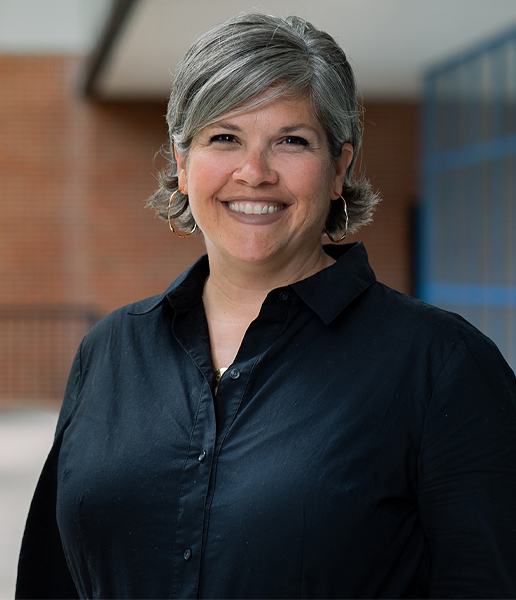
PEPH Grantee Highlight
Kelly Pennell, Ph.D.
Kelly Pennell, PhD., leverages her background in engineering and an interest in multidisciplinary environmental work to understand how chemicals end up in homes through groundwater and soil. Pennell is the director of the University of Kentucky (UK) Superfund Research Program (SRP) Center where her team’s work has determined how sewer gases containing harmful chemicals were leaking into homes. Additionally, Pennell and colleagues have created a PFAS mapping tool to visualize PFAS hot spots in Kentucky. Pennell and the UK SRP also prioritize community partnerships through activities such as community forums and an NIEHS-funded community-engaged project aiming to reduce exposures to disinfection byproducts in drinking water in Eastern Kentucky.
Funding Opportunities
PHS 2023-2 Omnibus Solicitation of the NIH and CDC for Small Business Innovation Research Grant Applications (Parent SBIR [R43/R44] Clinical Trial Required)
Invites eligible United States small business concerns to submit Small Business Innovation Research (SBIR) Phase I, Phase II, Direct to Phase II (NIH only), Fast-Track (NIH only), and Phase IIB (NIH only) grant applications. The PHS 2023 -2 SBIR/STTR Program Descriptions and Research Topics for NIH, CDC, and FDA represent scientific program areas that may be of interest to applicant small businesses in the development of projects that have potential for commercialization. Small business concerns that have the research capabilities and technological expertise to contribute to the research and development mission(s) of the NIH and CDC awarding components identified in this funding opportunity are encouraged to submit SBIR grant applications in these areas. A related SBIR funding opportunity is available without a clinical trial requirement: PHS 2023-2 Omnibus Solicitation of the NIH, CDC and FDA for Small Business Innovation Research Grant Applications (Parent SBIR [R43/R44] Clinical Trial Not Allowed). Related funding opportunities are available for small business applicants interested in submitting small business technology transfer (STTR) applications: PHS 2023-2 Omnibus Solicitation of the NIH for Small Business Technology Transfer Grant Applications (Parent STTR [R41/R42] Clinical Trial Not Allowed) and PHS 2023-2 Omnibus Solicitation of the NIH for Small Business Technology Transfer Grant Applications (Parent STTR [R41/R42] Clinical Trial Required).
Deadlines: September 5, 2023; January 5, 2024; April 5, 2024
SBIR/STTR Commercialization Readiness Pilot (CRP) Program Technical Assistance and Late Stage Development (SB1, Clinical Trial Not Allowed)
Encourages applications from small business concerns to the newly re-authorized Commercialization Readiness Pilot (CRP) program. The funding opportunity aims to facilitate the transition of previously or currently funded Small Business Innovation Research (SBIR) and Small Business Technology Transfer (STTR) Phase II and Phase IIB projects to the commercialization stage by providing additional support for technical assistance and later stage research and development not typically supported through Phase II or Phase IIB grants or contracts. This may include independent replication of key studies, Investigational New Drug-enabling studies, clinical studies, manufacturing costs, regulatory assistance, or a combination of services. Although a significant amount of the work in a CRP award may be subcontracted to other institutions, the small business concern is expected to maintain oversight and management of research and development throughout the award.
Deadlines: September 5, 2023; January 5, 2024; April 5, 2024
STrengthening Research Opportunities for NIH Grants (STRONG): Structured Institutional Needs Assessment and Action Plan Development for Resource Limited Institutions (RLIs) (UC2 - Clinical Trial Not Allowed)
The STRONG-RLI program will support research capacity needs assessments by eligible RLIs. The program will also support recipient institutions in using the results of the assessments to develop action plans for how to meet the identified needs. The program’s goal is to increase competitiveness in the biomedical research enterprise and foster institutional environments conducive to research career development. Awards are intended to support RLIs in analyzing their institutional research capacity needs and strengths. RLIs are defined for this funding opportunity as institutions with a mission to serve historically underrepresented populations in biomedical research that award degrees in the health professions or the sciences related to health, in STEM fields including social and behavioral sciences, and have received up to $25 million (total costs) per year of NIH research project grant support for the past three fiscal years.
Deadline: September 18, 2023
Ruth L. Kirschstein National Research Service Award Institutional Research Training Grant (Parent T32)
Supports development of and/or enhances research training opportunities for individuals interested in careers in biomedical, behavioral or social sciences, clinical research, health services research, or in any other research discipline related to the NIH mission. The NIH Ruth L. Kirschstein National Research Service Award (NRSA) program helps ensure a diverse pool of highly trained scientists is available in appropriate scientific disciplines to address the nation's biomedical, behavioral, and clinical research needs. To accomplish this goal, NRSA training programs are designed to train individuals to conduct research and to prepare for research careers. More information about NRSA programs may be found at the Ruth L. Kirschstein NRSA website.
Deadline: September 25, 2023
Limited Competition: Superfund Hazardous Substance Research and Training Program (P42 Clinical Trial Optional)
NIEHS is announcing the continuation of the Superfund Hazardous Substance Research and Training Program, referred to as Superfund Research Program (SRP) centers. SRP center grants will support problem-based, solution-oriented research centers that consist of multiple, integrated projects representing both the biomedical and environmental science and engineering disciplines; as well as cores tasked with administrative (which includes research translation), data management and analysis, community engagement, research experience and training coordination, and research support functions. Collectively, the center's research projects (maximum of six) should represent a range of basic and applied research that contributes to the problem-based, solution-oriented goal of the center. Each center's central problem should be addressed by the contributions of these projects and each project should have the necessary biomedical and/or environmental science and/or engineering expertise to address the central problem.
Deadline: October 2, 2023
Research Supplements to Promote Diversity in Health-Related Research (Admin Supp — Clinical Trial Not Allowed)
Supports administrative supplements to recruit and support high school, undergraduate and graduate/clinical students, postbaccalaureate and post-Master’s individuals, postdoctoral researchers (including health professionals), and eligible investigators. NIH encourages institutions to diversify their student, postdoctoral researchers, and faculty populations to enhance the participation of individuals from groups that are underrepresented in the biomedical, clinical, behavioral, and social sciences, such as individuals from racial and ethnic groups that have been underrepresented in the sciences; individuals with disabilities; individuals from disadvantaged backgrounds; and women from disadvantaged backgrounds. See the NIEHS workforce diversity supplements webpage for more information.
Deadlines: October 2, 2023; December 1, 2023; February 1, 2024
Research With Activities Related to Diversity (ReWARD) (R01 Clinical Trial Optional)
ReWARD funding will support research in areas related to the programmatic interests of NIEHS and ongoing diversity, equity, inclusion, and accessibility activities focused on enhancing diversity in the biomedical research enterprise within the U.S. and territories. This funding is intended for individuals with no current NIH research project grant funding at the time of the award. This announcement requires a Plan for Enhancing Diverse Perspectives as part of the application.
Deadlines: June 5, 2023; October 5, 2023; February 5, 2024
Time-Sensitive Research Opportunities in Environmental Health Sciences (R21 Clinical Trial Not Allowed)
Supports research in environmental health science in which an event has or will imminently occur that provides a limited window of opportunity to collect samples and data to support the assessment of exposures and human health impact. The goal of the program is to characterize initial exposures, collect human biological samples, or collect human health and exposure data in order to provide critical information to understand exposure-health outcome relationships, with the goal of providing data that will facilitate timely action to protect public health. The program also supports the use of innovative techniques (hazard identification, sensing and mitigation technologies) that are uniquely valuable for deployment at a time of disaster to inform our understanding of the human health impacts of the disaster.
Deadlines: April 3, 2023; June 1, 2023
Exploratory Grants for Climate Change and Health Research Center Development (P20 Clinical Trial Optional)
Supports the development of an innovative research environment to foster and sustain a transdisciplinary program of fundamental and applied research to explore the complex impacts of climate change on health and to develop action-oriented strategies that protect health and build resiliency at the individual, community, national and global levels. A major goal for this program is to build research teams as well as collaborations with communities and other key partners. The program seeks innovative research and pilot/feasibility projects that utilize transdisciplinary approaches to address questions relevant to climate change impacts on health. Applications for these Climate Change and Health Research Development Centers should propose planning and development activities in preparation to build institutional research capacity for future proposals addressing climate and health. NIH held an informational webinar/Q&A session March 24, from 1:00pm-3:00pm EDT. The slides and a Frequently Asked Questions document will be available following the session. Please feel free to reach out to the NIEHS Scientific/Research Point of Contact, Abee Boyles, if you are unable to attend the session or have additional questions.
Deadlines: May 1, 2023; November 7, 2023




